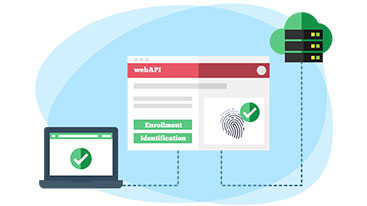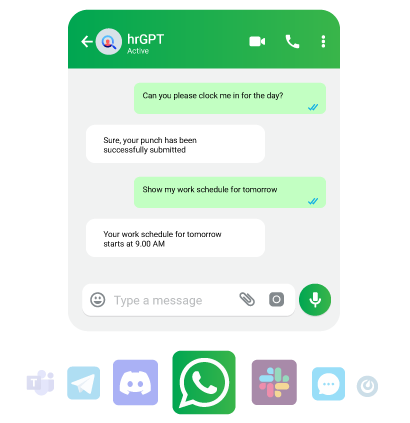Will Biometric Authentication Finally Kill Passwords?

If there is one thing that can significantly increase the safety of your web or Windows experience, it is the elimination of passwords. Every day we hear stories about how network security has been compromised due to password hacks that exposes valuable personal and enterprise data. Let’s face it, passwords are weak and they should be eliminated. The U.S. government has also recognized the issue with passwords and White House Cybersecurity Coordinator Michael Daniel said in June that he’s on a mission to “kill the password dead”.
Thankfully we now have technology like biometric authentication which can be used to replace passwords. Biometric authentication is a far more secure and convenient way of authentication. In today’s post, we are going to learn why passwords are weak and why they need to be immediately replaced with biometric authentication.
Why should we kill the password dead?
There are myriad reasons for replacing passwords with biometric identification, let’s take a look at some of them:
Passwords are insecure and susceptible to hacking
One of the most significant drawbacks of passwords is that they can be hacked. If you have an eight-character password, that has 6.1 quadrillion possible combinations. If we rewind the calendar to 2011, it would have taken a year for the fastest desktop computer to crack that password. Today, thanks to new crowd-hacking technologies, it takes an average of 5.5 hours.
Passwords can be guessed
Some people use passwords that they can easily remember, as their date of birth, their spouses or children’s names, Web site, or business name. The problem is if they use a password that they can easily remember, that can be easily guessed by a possible intruder.
Passwords can be forgotten, lost or stolen
Some people use a complex combination of characters with both alphanumeric and numeric sequences. They make these keywords so complex that they easily are forgotten. In order to remember the password, they write it down somewhere, which leads to more potential issues for breaching network security, plus it opens the door wider for the password to be lost or stolen.
All these issues indicate the vulnerability of passwords as an authentication mechanism.
How can biometric authentication help?
Biometric authentication systems identify a person by who the person is rather than what the person knows. Biometric traits such as fingerprints, finger veins, palm veins or an iris pattern are unique which means no one can hack, guess, or steal it and since it’s always with the user, it does not require to be remembered.
Another great advantage of biometric authentication is it cannot be shared especially in enterprises where network computer security is considered crucial — biometrics can help by eliminating unauthorized access.
Real Life Example: The Ministry of Interior and Decentralization of Mauritania was looking for an alternative solution to passwords to increase network security. They selected the M2SYS Biometric secure Single Sign-On (SSO) solution and M2-S™ fingerprint reader for data and network security, and accurate authentication in their 20 PC network environment that enables them to secure the network and protect confidential government information in a convenient way to ensure a higher level of security.
The shift away from passwords has already started
Many leading technology vendors are already in a mission to eliminate passwords:
- Microsoft’s has joined FIDO and is implementing new authentication methods in Windows 10 that will include biometrics.
- Yahoo is developing new security that will eliminate passwords, according to its chief information security officer Alex Stamos.
- Two major semiconductor companies Intel and QUALCOMM have already announced their products that use biometric data for security.
- With the introduction of mobile payment solutions like Apple pay and Alipay, biometrics are also replacing passwords for financial payments on mobile devices.
Every year more and more companies are moving from traditional password-based securities to biometric authentication to ensure data security and protect personal information.
Does your company uses biometric authentication or are you looking for a biometric authentication system? Feel free to contact M2SYS.










Hi, I’m a PhD student working on biometrics security topic for my dissertation. In my opinion the only thing between the biometric application as identification method over passwords is the security of the biometric data. The biometric technologies has been tested over the years and has proved it self as a very suitable method for people identification, is fast and very precise. As soon as the biometric template security issue be solve the password will die.
Best regards
Great Observation. Thanks for shearing with us.
Hi Mohammad, Great Article! I certainly agree that password-based authentication is flawed and insufficient, but shouldn’t it be combined with biometric authentication instead of completely replaced?
If you look at the three types of factors, something you have, something your know and something you are, biometrics are in the third category. But one category alone is always vulnerable. For example, if I was to scan my fingerprint or retina at the grocery store to verify my identity for check cashing, who’s to say a malicious clerk didn’t make a copy of the scanned data? Unlike other factors, I can’t replace my fingerprint if I suspect it compromised. But, combine that with another factor like a smart card or even the lowly password and you’ve got a combination that’s very hard to beat.